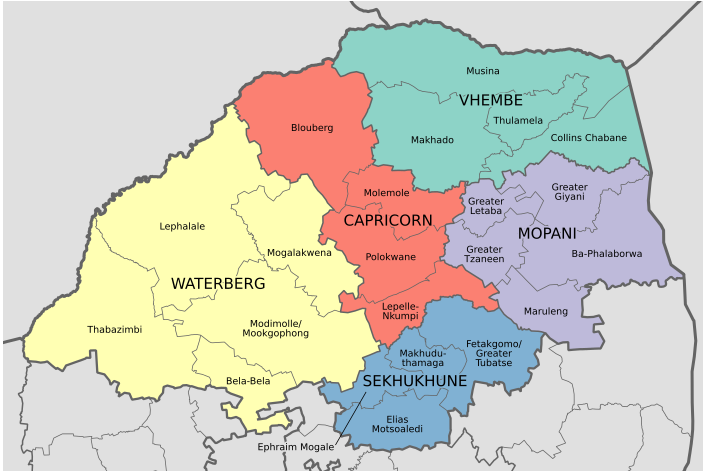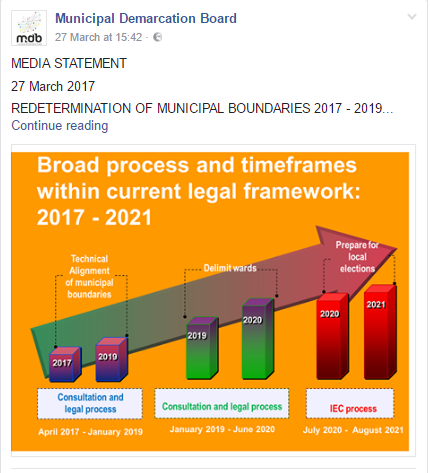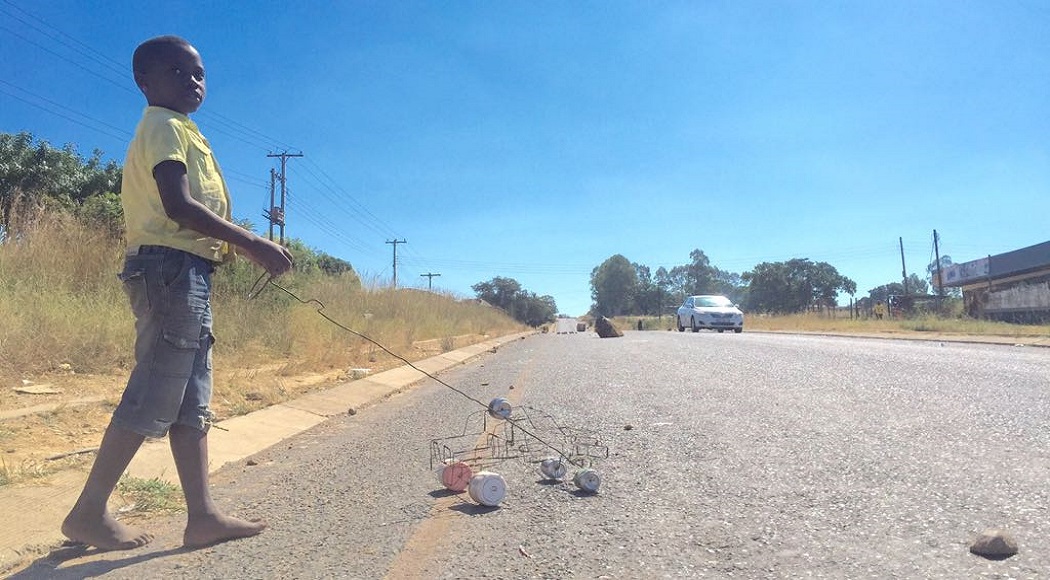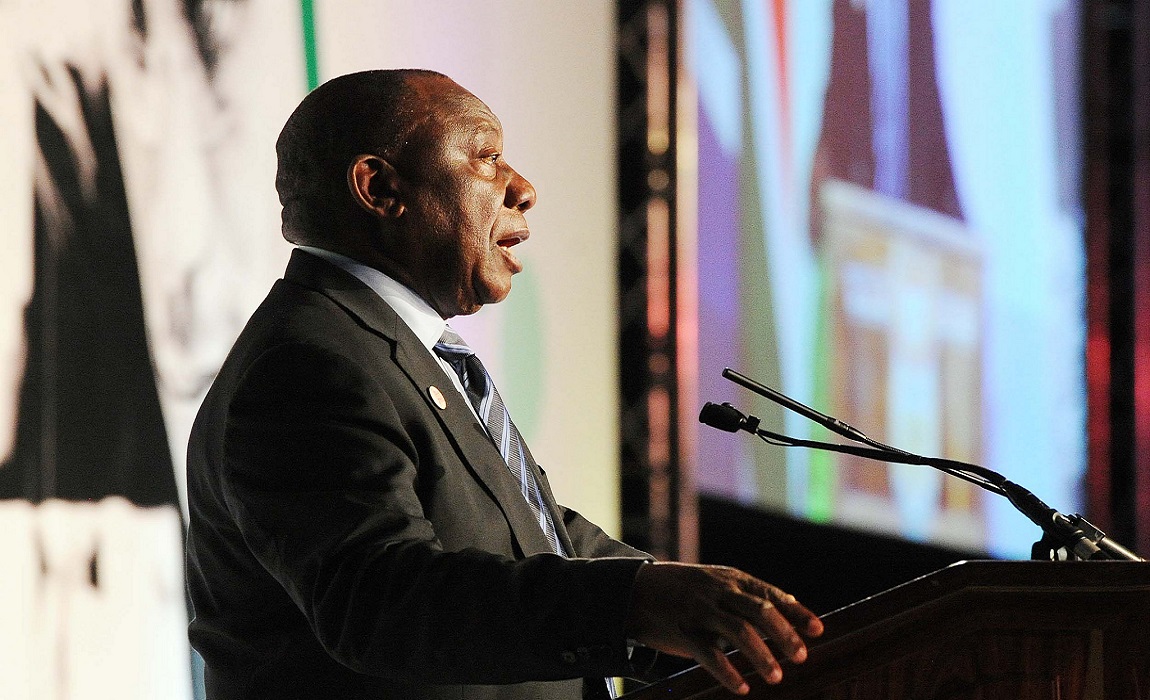On Thursday, newly-minted Minister of Police Fikile Mbalula visited Vuwani, where protesters have shut down the town for the third day in a row.
At a meeting on Monday, the community agreed to shut down the town in protest of the Municipal Demarcation Board’s (MDB) decision to incorporate Vuwani into a new municipality.
Vuwani has been in the headlines for its violent protests several times, most commonly for burning down schools. So, what’s going down and why are folk still angry? The Daily Vox breaks down the situation in Vuwani.
Firstly, where is Vuwani?
Vuwani is a town in the predominantly rural Vhembe district of Limpopo, about 150km from Polokwane.

Why are people upset?
At the crux of the discontent in Vuwani are worries about service delivery, but ethnic tensions are also prevalent, according to Karen Heese, an economist at the municipal intelligence service and database, Municipal IQ. Protesters want Vuwani to remain within the Makhado municipality, and not be moved to the Malamulele municipality.
Who is responsible for moving them?
The MDB decided to incorporate Vuwani into the newly created Malamulele municipality and residents are concerned that this will result in poorer service delivery and tensions with Shangaan-speaking people. Residents in Vuwani are predominantly Venda-speaking.
Residents say they were not properly consulted by the MDB – an independent authority responsible for the designation of municipal boundaries – when they created Malamulele. Residents had challenged the demarcation in court a couple of times, to no avail.
In a statement released in March, the MDB sketched a timeline for the municipal boundary re-determination process. They said no major re-determination will take place before the 2019 national elections.
“Only correction of technical misalignment of municipal boundaries will be considered for re-determination, which will involve minor adjustments to align municipal boundaries to either cadastral boundaries, natural or man-made features (e.g. farm boundaries, rivers, roads) or addressing split settlements,†it said. The purpose of the minor adjustments is to provide clearly defined boundaries. The demarcation process is set to begin in 2019.

When did the protests begin?
Protests began in late 2015, but escalated dramatically last year, Heese said. In 2016, Vuwani was declared a disaster area when 21 schools were vandalised and set ablaze over the proposed municipal demarcation.
According to Municipal IQ, Vuwani didn’t have service delivery protests before the demarcation decision. The community appears to be a relatively cohesive one, and this could be a factor in why the residents are resisting the change.
Why do the people feel that being put into a new municipality will mean compromised service delivery?
There are both logistical concerns and perceived concerns. Residents are concerned that the headquarters of the new municipality is expected to be a distance of 100km away.
It’s difficult to say whether the change in municipalities will affect service delivery. Residents of the Malamulele community had similar concerns in 2009, and they protested again last year, but they were assured that municipal satellite offices would be able to provide them the necessary services. Residents in Vuwani have not been similarly reassured.
Malamulele residents demanded a separate municipality from Thulamela, which they claimed unfairly favoured the Thohoyandou region.
However, according to the Statistics SA Census 2011 data, both the Makhado (under which Vuwani currently falls) and Thulamela (in which Malamulele is currently found) municipalities are similarly impoverished with high levels of unemployment and underdevelopment.
How big is the role of ethnic tensions in this issue?
According to Heese, there are subtle ethnic tensions related to tribal identity at play in the dispute. Some Vuwani protesters are afraid of the exclusion and marginalisation of Venda speakers by the Shangaan speakers; they fear those in charge of the municipality will favour people from the same language grouping. However, Heese said it was difficult to ascertain whether this is a widely-held perception.
Why have schools been targeted as a site of protest?
According to Heese, schools are soft targets for getting media attention.
Children in the area have been kept home this week because of the shutdown. Basic Education minister, Angie Motshekga has called on residents to choose between violent demonstrations or the education of their children. Motshekga said that learners are the most affected in the protests. About 30 000 children have been away from school this week. Motshekga said that after schools in the municipality were burned last year, her department spent millions in catch up programmes and temporary structures to accommodate schoolless learners.
Are there any possible resolutions to the dispute?
Heese believes that the best way to address the community’s logistical concerns and sensitivities concerning traditional leadership, the Municipal Demarcation Board needs to hold mass consultations.
There has been some engagement with tribal leaders, but while this is important, it does not always lead to sustained reconciliation, said Heese. It is also important to consult with community leaders. Prosecuting arsonists could be another tactic.
What are the difficulties with resolving the conflict in Vuwani?
One of the reasons the conflict is so difficult to resolve is that rural communities in Limpopo are vast in size. According to Municipal IQ, there are an estimated 630 000 residents in the Thulamela municipality which is 100 000 more than the 522 000 in the Makhado municipality. The numbers make engagement more complex but also more necessary.
Heese said it can also be difficult to engage with community leaders. “The complexity is to identify bona fide community leaders with whom to resolve concerns,†she said.
What have the responses to the solutions been?
Well, clearly the solutions have not been working. The shutdown continues.









